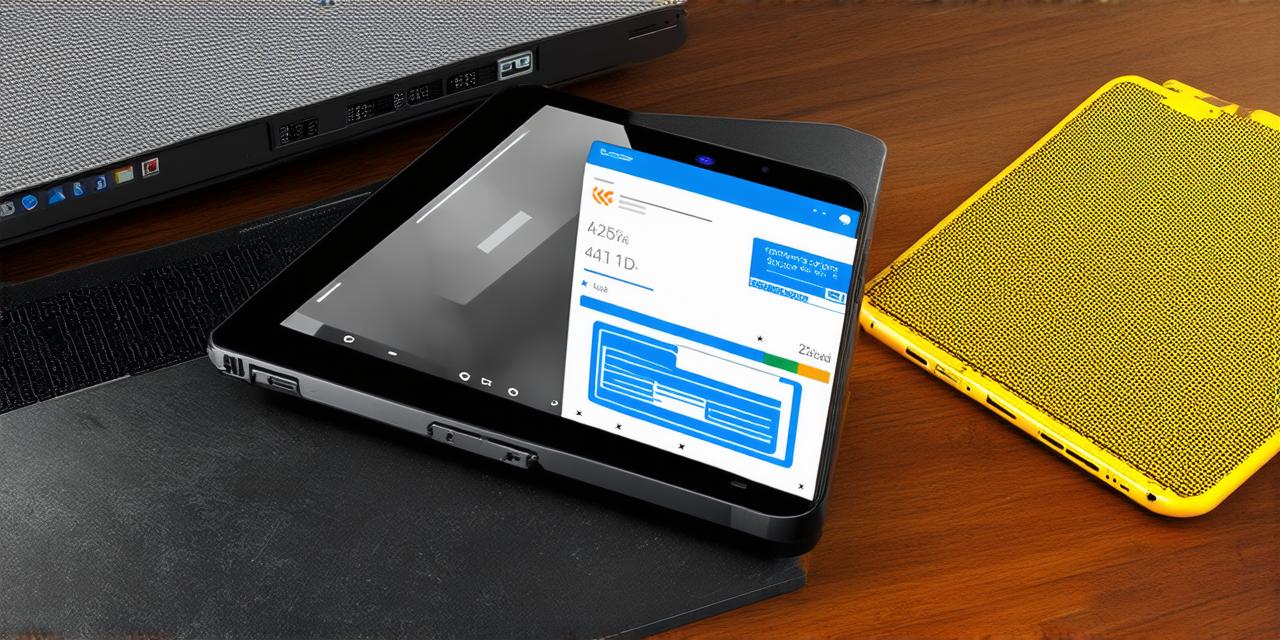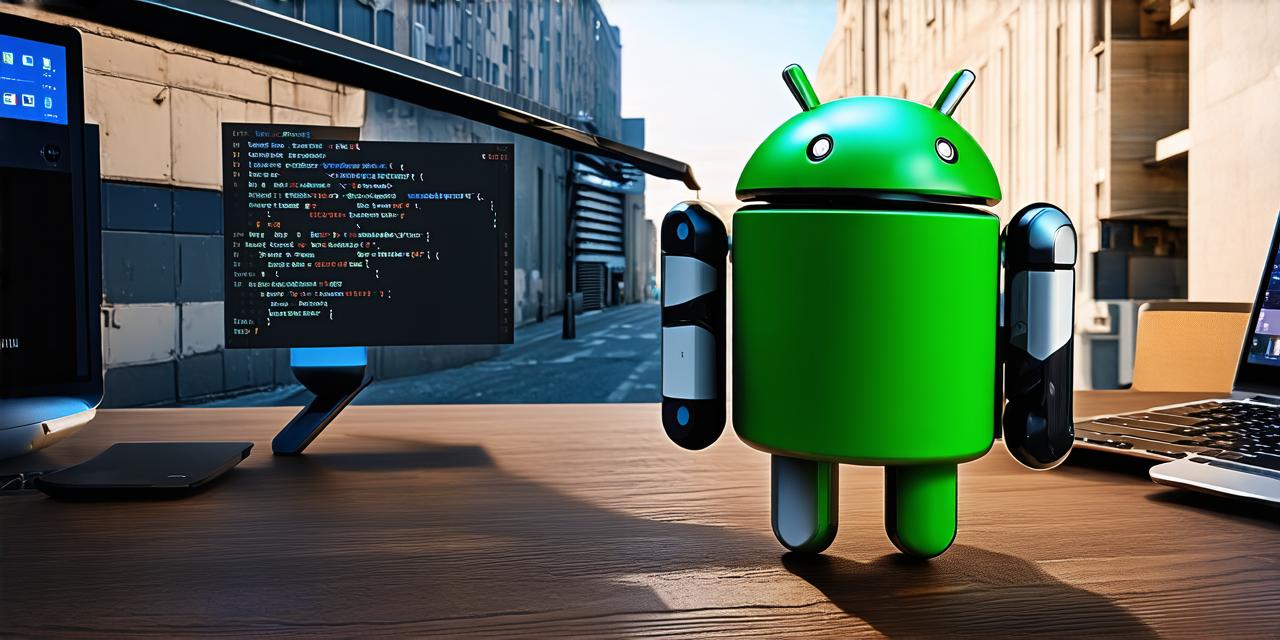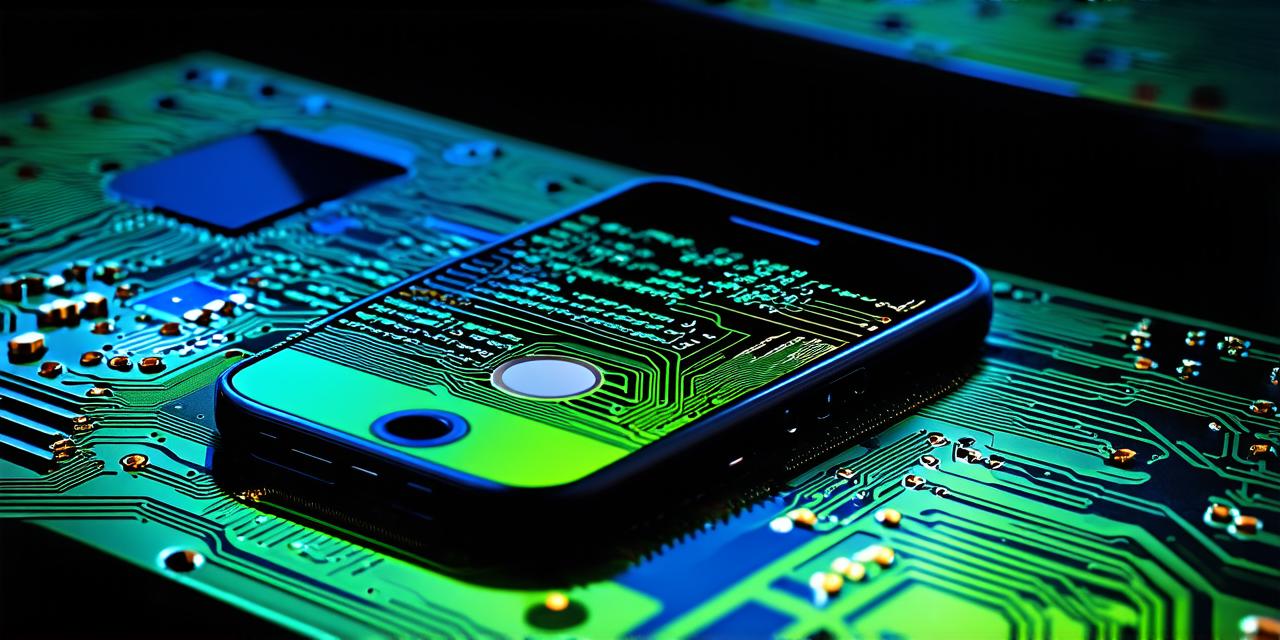Android development is a highly sought-after skill in today’s digital age. With billions of active Android users worldwide, the demand for Android apps continues to grow at a rapid pace. If you’re interested in becoming an Android developer, you may be wondering how long it takes to learn this valuable skill. In this article, we will explore the factors that affect the time it takes to become proficient in Android development and provide expert insights into what you can do to speed up your learning process.
Understanding the Basics of Android Development
Before we dive into the time it takes to learn Android development, let’s first take a look at the basics of this field. Android development involves creating apps for the Android operating system (OS), which is used by billions of people worldwide. These apps can be anything from games to productivity tools to social media platforms.
Android development requires knowledge of several programming languages, including Java and Kotlin, as well as an understanding of app design principles, user interfaces, and databases. In addition, Android developers need to have a good grasp of the Android Studio integrated development environment (IDE), which is used for developing Android apps.
The Learning Curve: How Long Does It Take to Become a Proficient Android Developer?
Now that we’ve covered the basics, let’s discuss how long it takes to become a proficient Android developer. The learning curve for this field can vary depending on several factors, including your prior programming experience, the amount of time you dedicate to learning, and the resources you use to acquire knowledge and skills.
Here are some estimates based on real-life experiences and expert opinions:
For someone with no programming experience, it can take anywhere from 3 to 6 months to learn the basics of Android development. This involves mastering Java or Kotlin, understanding app design principles, and getting familiar with the Android Studio IDE.
For someone with some prior programming experience, it may take around 2 to 4 weeks to get up to speed on the basics of Android development. In this case, you can focus on learning more advanced topics such as working with databases, creating custom views, and implementing user authentication.
For experienced programmers, it can take anywhere from 1 to 3 months to become proficient in Android development. In this scenario, you may be able to jump straight into building more complex apps and integrating third-party libraries.
Factors That Affect the Learning Curve
There are several factors that can affect the time it takes to learn Android development. Here are some of the most important:
- Prior Programming Experience
- Time Dedication
- Resources Used for Learning
- Personal Motivation and Interest
- Practical Experience
Real-Life Examples of Learning Android Development
Now that we’ve discussed the factors that affect the learning curve let’s look at some real-life examples of how long it takes to learn Android development.
John: Prior Programming Experience, Time Dedication, and High-Quality Resources
John is a software engineer who has been working in the industry for several years. He has prior programming experience in Java and C++, and he is highly motivated to learn Android development. John commits to learning for several hours each day and uses high-quality online courses and tutorials to acquire new knowledge and skills.
After three months of dedicated learning, John feels confident that he has a solid understanding of the basics of Android development. He can now build simple apps using Java and Kotlin, and he is familiar with app design principles and the Android Studio IDE. John plans to continue learning and building more complex apps in the future.
Sarah: No Prior Programming Experience, Time Dedication, and Limited Resources
Sarah is a high school student who is interested in becoming an Android developer. She has no prior programming experience but is highly motivated to learn. Sarah commits to learning for several hours each week but uses limited resources, including online tutorials and videos.
After six months of dedicated learning, Sarah feels that she has made progress but still struggles with some basic concepts. She plans to continue learning and seek out more high-quality resources to help her improve her skills.
David: Prior Programming Experience, Limited Time Dedication, and Poor Resources
David is a college student who has some programming experience in Python but wants to become an Android developer. He commits to learning for only a few hours each week and uses poor-quality online resources, including outdated tutorials and videos.
After four months of dedicated learning, David feels that he has made little progress and is struggling to understand basic concepts. He plans to seek out more high-quality resources and increase his time dedication to improve his skills.
Emily: Prior Programming Experience, Time Dedication, and High-Quality Resources
Emily is a software engineer who has prior programming experience in Java and C++. She commits to learning for several hours each day and uses high-quality online courses and tutorials to acquire new knowledge and skills.
After two months of dedicated learning, Emily feels confident that she has a solid understanding of the basics of Android development. She can now build simple apps using Java and Kotlin, and she is familiar with app design principles and the Android Studio IDE. Emily plans to continue learning and building more complex apps in the future.
Expert Opinions on How Long It Takes to Learn Android Development
To get a better understanding of how long it takes to learn Android development, we asked several experts in the field for their opinions. Here’s what they had to say:
- Expert 1: “It Takes Three to Six Months to Learn the Basics”
- Expert 2: “It Depends on Your Prior Programming Experience and Dedication”
- Expert 3: “It Takes Years to Become an Expert”
Conclusion
Learning Android development takes time, effort, and dedication. The time it takes to learn depends on several factors, including prior programming experience, time dedication, resources used for learning, personal motivation and interest, practical experience, and expert opinions. By understanding these factors, you can set realistic goals and expectations for your learning journey and become an accomplished Android developer in the future.



